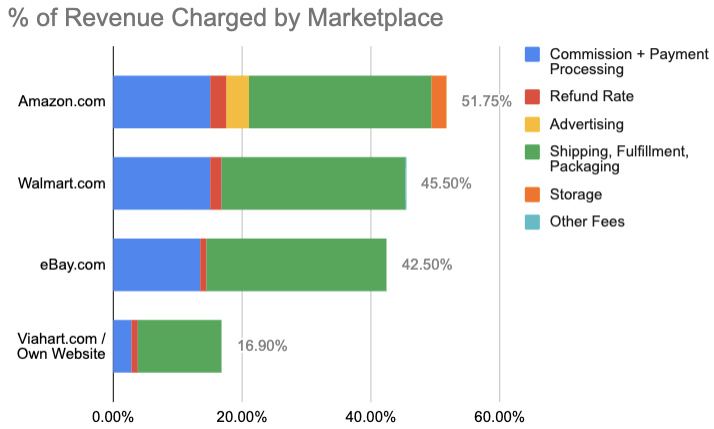
Meanwhile the gross the domestic product of the United States compounded at 6% per year over the same period.
🤯 🤯
🤯 🤯

This is just staggering to me.
The GDP is quoted in terms of USD. Who would have guessed that GDP growth could be outpaced by the monetary unit that it is quoted in. If you made every $1 bill $2, GDP would double in nominal terms.
The GDP is quoted in terms of USD. Who would have guessed that GDP growth could be outpaced by the monetary unit that it is quoted in. If you made every $1 bill $2, GDP would double in nominal terms.
The only way this is possible is if someone is hoarding (and not spending) these USD, ie the velocity of money has gone way down.
Who is it? Is it the Saudis? Investors waiting for a crash? Banks unable to find suitable lending opportunities?
WTF is going on here?
Who is it? Is it the Saudis? Investors waiting for a crash? Banks unable to find suitable lending opportunities?
WTF is going on here?

• • •
Missing some Tweet in this thread? You can try to
force a refresh












